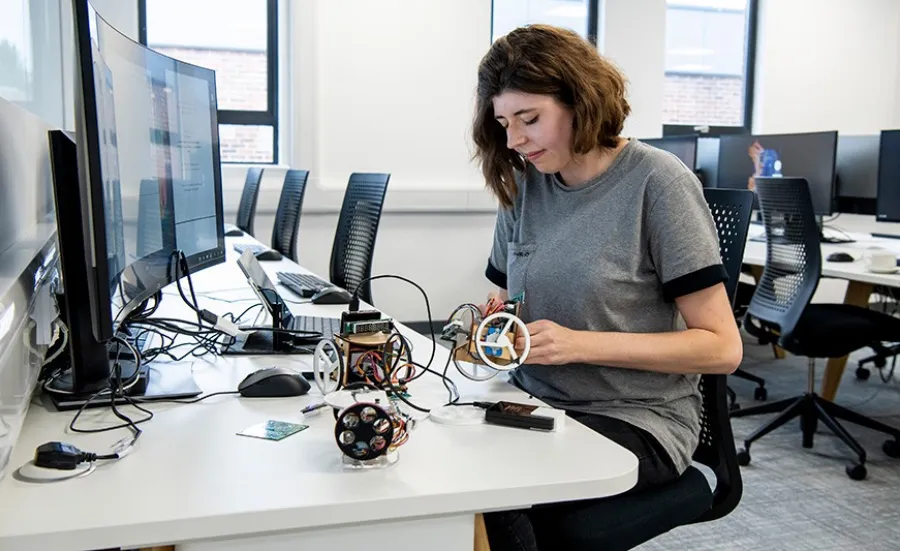Current research degree projects

Explore our current postgraduate research degree and PhD opportunities.

Explore our current postgraduate research degree and PhD opportunities.

This PhD explores how people with multiple long-term conditions (MLTCs) access and experience nature to support wellbeing. Using mixed methods, it investigates barriers, lived experiences, and the role of different natural spaces. Findings will inform strategies to enhance equitable, sustainable nature-based wellbeing interventions for disadvantaged populations.
This project will explore the dynamics of resilience in selected human-altered environments by developing a set of numerical toy models rendered as arcade-style computer games. Model systems might include wildfires at the wildland-urban interface, leveed rivers, sand mining, beach nourishment, or transportation networks in hazard zones.
Explore how private gardens can facilitate climate resilience. Taking a mixed-methods approach – combining spatial modelling, interviews and participatory methods – this project investigates how climate change, socio-demographic factors, and people’s willingness or resistance to change will shape the fundamental capacity of gardens to act as a cornerstone of urban climate resilience.
This PhD project understands migrant-led creative craft enterprises in the UK as resilient, post-growth microeconomies. It will investigate how these practices generate cultural continuity, ethical local revival, and alternative futures in deprived areas, centring migrant agency and third-sector contribution within interdisciplinary debates on resilience, postgrowth futures, and migrant creativity.
This project explores how schools and families shape migrant children’s academic resilience in the UK. Using participatory and sensory methods, it amplifies children’s voices to surface links between inclusion and embodied resilience. Findings aim to inform school and family practices and foster collaborative, inclusive environments that support migrant pupils’ resilience.